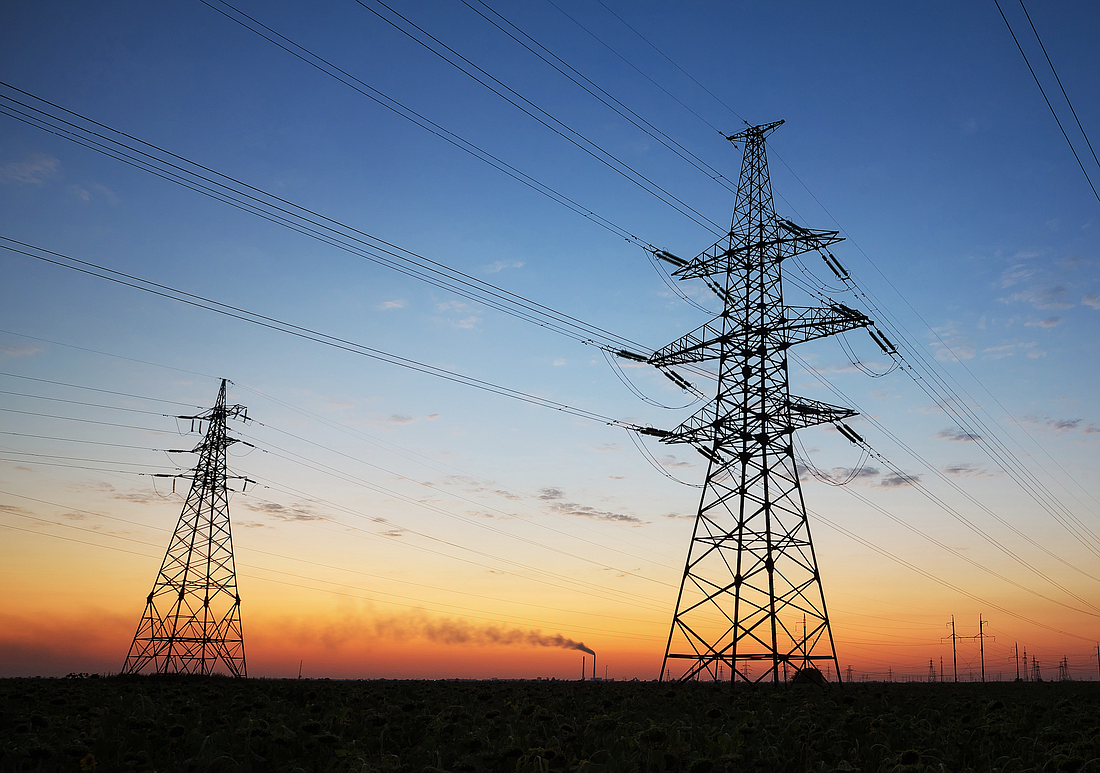- February 1, 2025
-
-
Loading

Loading

After Florida Power & Light said the tab for restoring electricity after Hurricane Ian and Hurricane Nicole was lower than expected, state regulators Thursday, Nov. 9, approved a proposal that will reduce the amount of storm costs passed along to customers.
The Public Service Commission unanimously approved the proposal, which FPL filed in September. It will mean that from January through March, FPL customers will see a decrease in the part of their bills that goes for storm-related costs.
Utilities have long been able to pass along costs linked to preparing for storms and restoring power. They typically seek what is known as an “interim” approval that allows them to start collecting estimated costs, before coming back later with an accounting of actual costs.
The Public Service Commission in March approved a plan to allow FPL to collect interim costs related to Ian and Nicole, remaining costs from some previous storms and money to replenish a storm reserve. FPL received approval to collect the money from April 2023 through March 2024.
But in the September filing, FPL proposed reducing the customer charges to “reflect a decrease in the estimated incremental storm restoration costs related to Hurricanes Ian and Nicole.” It said an audit had shown the costs were lower than initially forecast.
“To mitigate the potential for material over-recovery and to provide these savings to customers as soon as reasonably practicable, FPL proposes to modify the interim storm restoration charges to reflect the reduced estimate for the total combined eligible restoration costs,” the filing said.
Ian caused massive damage, including in areas served by FPL, as it made landfall in Southwest Florida in September 2022 and barreled across the state. The smaller Nicole made landfall near Vero Beach in November 2022, also hitting areas served by FPL.
The filing that led to Thursday’s decision includes data showing that FPL was approved in March to pass along to customers about $1.135 billion in Ian costs and nearly $165 million in Nicole costs. But under the revisions, those totals were reduced to $1.024 million for Ian and nearly $121 million for Nicole.
Combined with costs related to the earlier storms and replenishing the reserve fund, FPL was approved in March to collect about $1.46 billion, according to the filing. The revisions dropped that total to $1.3 billion.
The filing estimated that $132.5 million will remain to be collected from January through March.
The Public Service Commission approved the proposal Thursday with little discussion, though Chairman Andrew Fay described the issue as a “big number.”
Utilities typically point to a benchmark of residential customers who use 1,000 kilowatt hours of electricity a month. Such FPL customers have been paying $15.30 a month for the storm-related costs, but that number will be reduced to $6.65 in January, according to the commission.
The revised storm costs are still considered interim, and FPL will have to file a final accounting in the future. That final accounting, known as a “true-up,” could lead to additional changes in customer bills.
Other parts of utility bills include such things as base rates and costs for power-plant fuel and environmental projects.